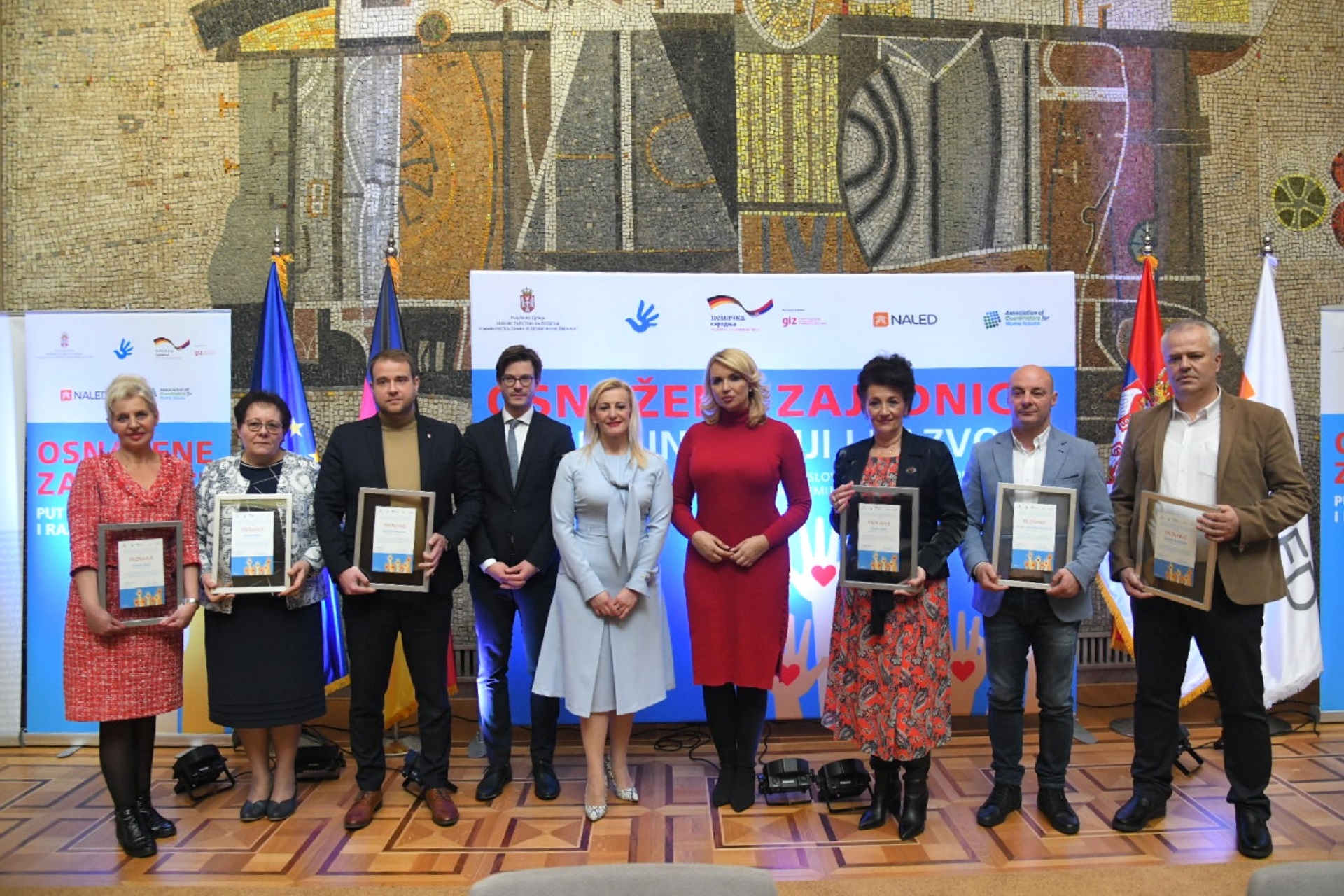Modern and stimulating Law on Social Entrepreneurship adopted
After a decade-long work on its drafting, the Law on Social Entrepreneurship was adopted at the National Assembly session on 4 February 2022. The law is one of the most advanced legal solutions for the field of social entrepreneurship in Europe, and for the first time in Serbia it sets the legal framework for the sector which involves about 500 companies, including i Naša kuća, Cafe 16, Lice ulice, Avlija održivog razvoja and others.
The main characteristic of these companies is that they were established as a result of private initiative, with the aim of offering sustainable solutions for community development, through social innovation, innovative products in the field of environment and circular economy, social inclusion and other areas of sustainable development. They are characterized by social mission, democratic governance and the obligation to reinvest or return profits to the community.
- The Law aims to define the concept of solidarity economy and conditions for acquiring the status of social enterprise, so that all entities operating in this area can acquire that status, as a prerequisite to receive financial support from the state, municipalities and other potential financiers, as well as to achieve tax relief and valuation in public procurement. In this way, Serbia follows the trends in the European Union, which at the end of 2021 adopted the Action Plan for Social Economy, as a basis for coordinated action to establish a favorable environment for the development of social economy organizations at EU level - says Neven Marinovic, CEO of Smart Collective, a member of the Coalition for the Development of Solidarity Economy and NALED.
NALED and the Coalition for the Development of Solidarity Economy, consisting of the European Movement in Serbia, the Initiative for Development and Cooperation, Smart Collective and the Trag Foundation, were active members of the working group for drafting the Law on Solidarity Entrepreneurship, and significant support to this process was provided by the German Development Cooperation through Serbian-German Initiative for Sustainable Growth and Employment.
- According to statistics, there are two million social enterprises on the European market, which employ about 11 million workers. This law will help the long-term unemployed, victims of violence, homeless people, returnees from serving their sentences, women and other vulnerable groups to integrate into society and get a job in Serbia as well. The text of the law is the result of intensive work of all members of the Working Group, who come from the public, private and civil sectors, with active consultations with social enterprises, and represents one of the most advanced legal solutions for the social entrepreneurship sector in Europe - Marinovic points out.
The basic approach is that the law stipulates the status, rather than a new legal form for social enterprises. In this way, the law will recognize the existing practice, and about 500 social enterprises in Serbia will be able to receive support, regardless of whether they are registered as entrepreneurs, companies, foundations, citizens' associations or cooperatives. The law also provides for the establishment of bodies that will monitor law implementation and adopt measures for the development of the sector. In order for the law to be implemented, it is necessary to first establish a functional Council for the Development of Social Entrepreneurship and prepare the planned Sector Development Program, which will be consistently and continuously implemented.



